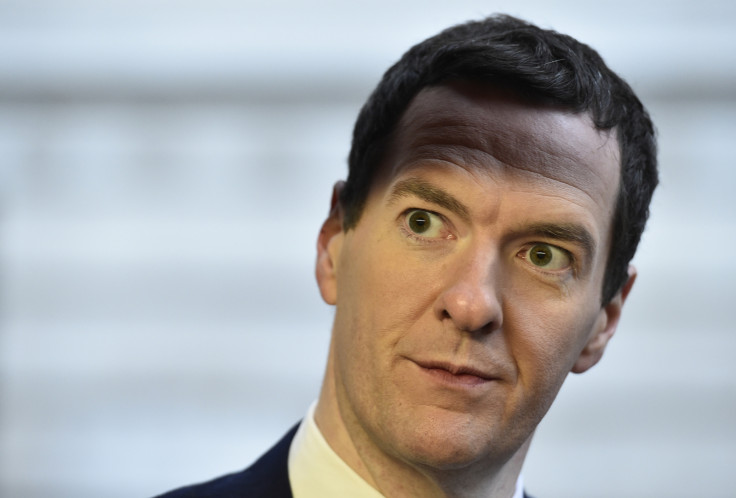George Osborne wants to 'quickly get rid of' RBS stake after general election

Chancellor George Osborne has admitted the government made a mistake in not restructuring state-controlled Royal Bank of Scotland in 2010, adding that he wants to offload the government's holding in the bank as early as possible after the general election.
"I certainly regret that," he said. "I did what I could to correct it," he said during an interview for the FT Weekend Magazine.
He added that he would now like to proceed "as quickly as we can to get rid of it" after the general election.
"When I say 'get rid of it', I mean put it into the good hands of the private sector."
Orborne said sale would take years to complete given the "massive" size of the government holding.
"First, it's not an exact science, but on some measures it's bigger than all the privatisations of the 1980s put together. Second, I think people want to see they get their money back. The British taxpayer wants to feel they haven't suffered some enormous loss."
"So there are constraints around it, but it's certainly something I would want to get moving on in the summer after the election. I would want to see a review on a plan for disposal," he said.
In 2013, RBS's then CEO Stephen Hester was removed from the top post and replaced by Ross McEwan to refocus the bank as primarily a UK retail operation. The government, under the auspices of UK Financial Investments has been trying to return the bank to the private sector.
The bank recently reported a £3.5bn (€4.8bn, $5.3bn) loss for 2014, significantly lower than previous year's loss of £8.2bn.
RBS's present share price at £3.73 is not adequate for the government to recover the amount it invested in the bank during its 2008 bailout. In order to recover the £45bn spent on RBS, the government will have to sell the shares at an average of £4.55 apiece.
© Copyright IBTimes 2025. All rights reserved.






















